Several new titles just added to “New in the North Carolina Collection.” To see the full list simply click on the link in the entry or click on the “New in the North Carolina Collection” tab at the top of the page. As always, full citations for all the new titles can be found in the University Library Catalog and they are all available for use in the Wilson Special Collections Library.
Alison Barnett
Check out what’s new in the North Carolina Collection
Several new titles were just added to New in the North Carolina Collection. To see the full list simply click on the link in the entry or click on the New in the North Carolina Collection tab at the top of the page. As always, full citations for all the new titles can be found in the University Library Catalog, and all titles are available for use in the Wilson Special Collections Library.
The Strange Case of Dr. Deilan and Mr. Smith. It’s a witch DOCTOR!
Does the title sound a little familiar? That’s because it’s a parody of the famous novel by Robert Louis Stevenson, “The Strange Case of Dr. Jekyll and Mr. Hyde”. This court case, while not as famous as the title it refers to, is certainly just as intriguing.
In 1899, Mr. Martin Smith of Burke County was the key witness in a trial of embezzlement against Chris Detter. Mr. Smith had called on his friendly neighborhood witch doctor, Dr. Deilan (aka Detter), to assist with a troublesome witch problem. The witch doctor assessed the situation and concluded that Mr. Smith’s sister was bewitched along with the entire house.
The solution
- Burn down the house!
As the Smith family watched their home burn to the ground, the witch doctor stood by with a large stick to defeat the fleeing witches. Unfortunately, these rather clever witches escaped through the chimney and possessed the family’s hog.
- Strike the hog!
Mr. Smith once again did as the witch doctor ordered and struck his hog on the head to expel the witches from the hog. The first strike didn’t do the trick, so the witch doctor ordered a second which killed the poor, delicious looking hog. Luckily, the hog’s head and shoulders had not been touched by the witches. Mr. Smith slaughtered the hog and the witch doctor took the tainted/meatiest parts thus saving the Smith family from death by bewitched meat ingestion. The hog was gone but the witches remained.
- Move out of town!
Mr. Smith once more put his faith in the witch doctor to rid his family of these pesky witches once and for all. The only action left; buy a new house and leave town. The witch doctor found a suitable, witch-free house for the low price of $240. Of course, the doctor didn’t bother to tell the Smith’s that the real cost was only $165.
In the end, the Smiths were rid of their witches and Chris Detter (Dr. Deilan) was rid of his freedom.
“Strange Case of Dr. Deilan and Mr. Smith” The Asheville Daily Gazette (Asheville NC). April 11, 1899. p 3.

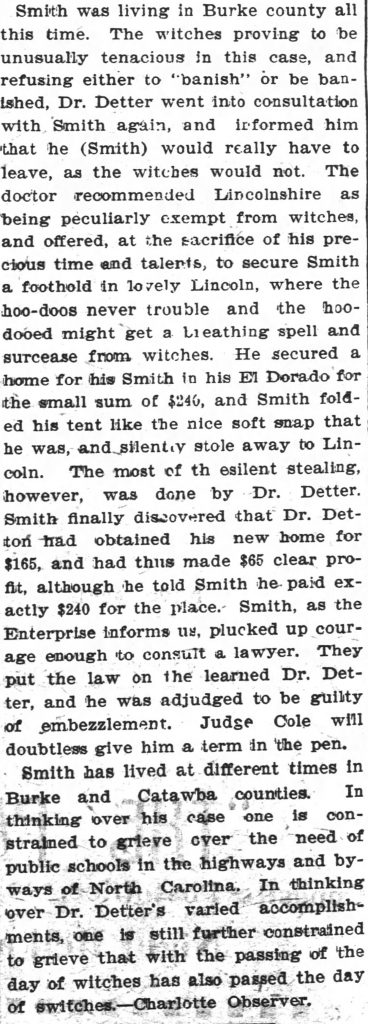
Horse’s mane tied in knots? It’s a witch!
During the days leading up to Halloween, North Carolina Miscellany is posting articles from North Carolina newspapers about one of our favorite Halloween characters, the witch.
“Do witches ride horses?” One man posed this question to the Greensboro Record in 1911 looking for an explanation as to why his horses’ hair was knotted every morning. He took care to comb out their manes and yet when he checked in the morning, the manes were so badly tangled again no comb would help. The man was skeptical of the explanation he received as a child that the tangles were due to witches riding the horses at night and tying their manes and tails into knots. The query was subsequently posted in several other papers across the state. See this reprint from The (Charlotte) Evening Chronicle for the explanation to this man’s life long question.
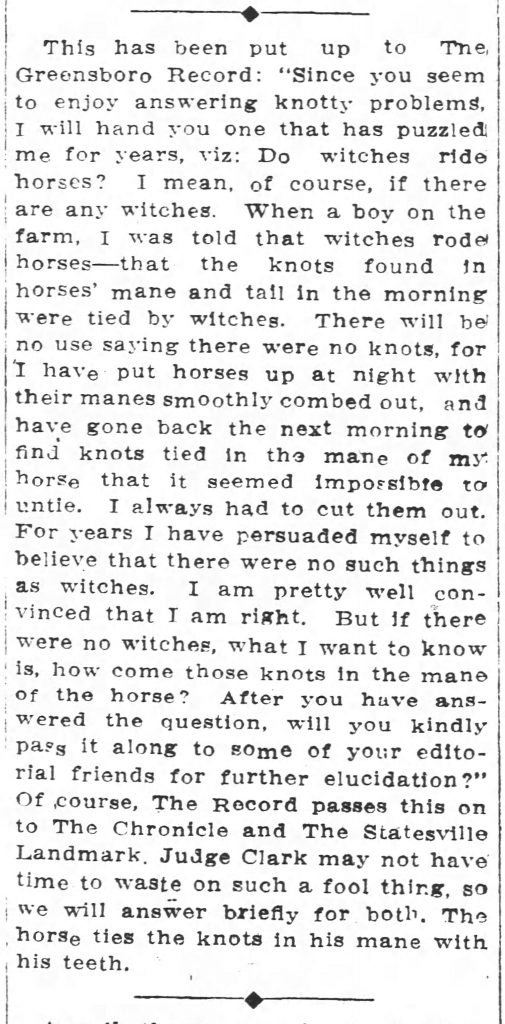
The Evening Chronicle (Charlotte, NC.). January 17, 1911. p 4.
It’s Fall Y’all! Recipes from the Collection
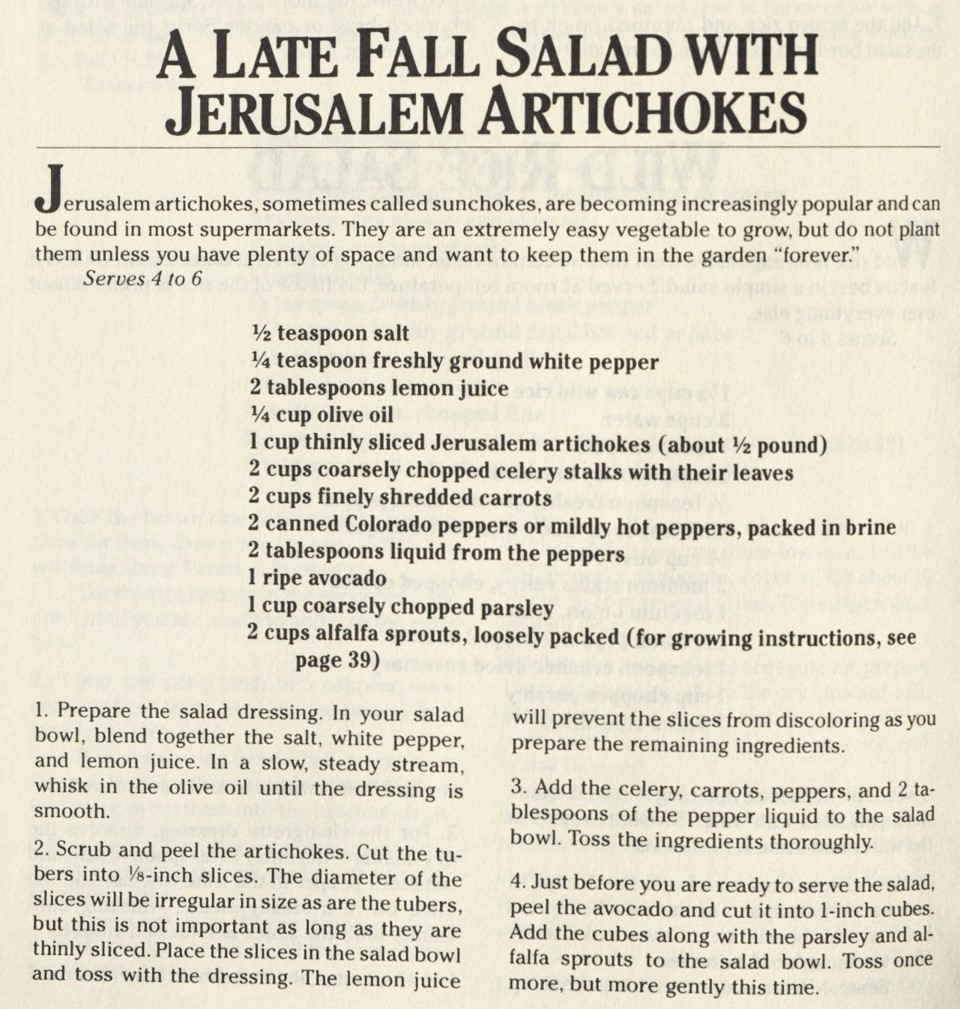
A Late Fall Salad with Jerusalem Artichokes from The country gourmet cookbook.
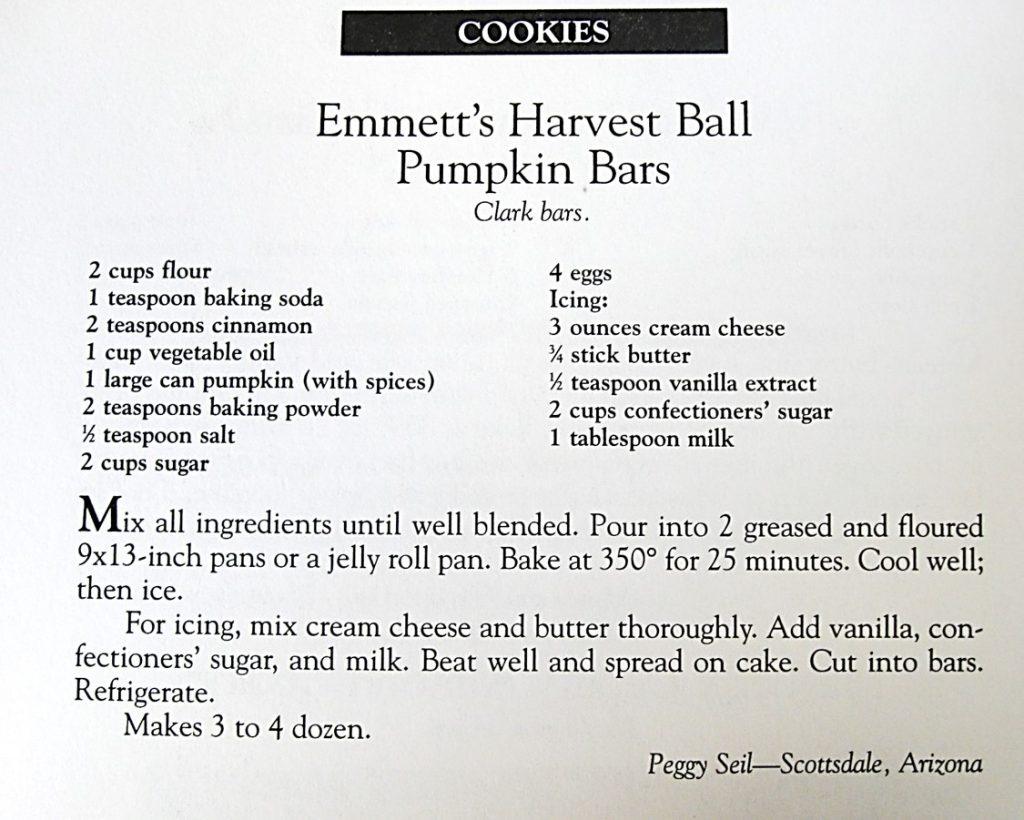
Emmett’s Harvest Ball Pumpkin Bars from Aunt Bee’s delightful desserts.
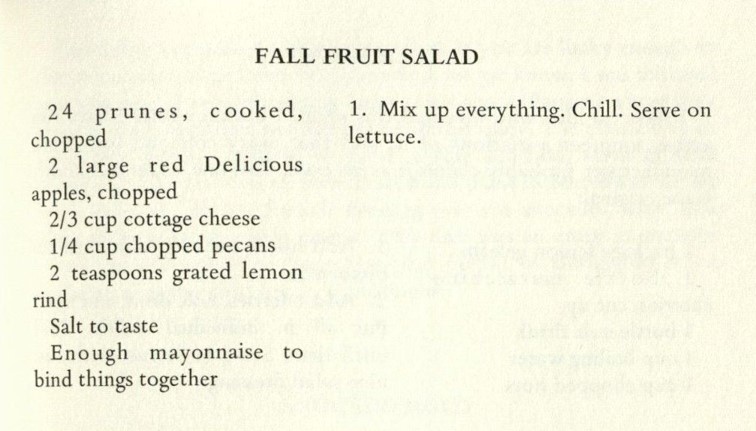
Fall Fruit Salad from The clock watcher’s cook book.
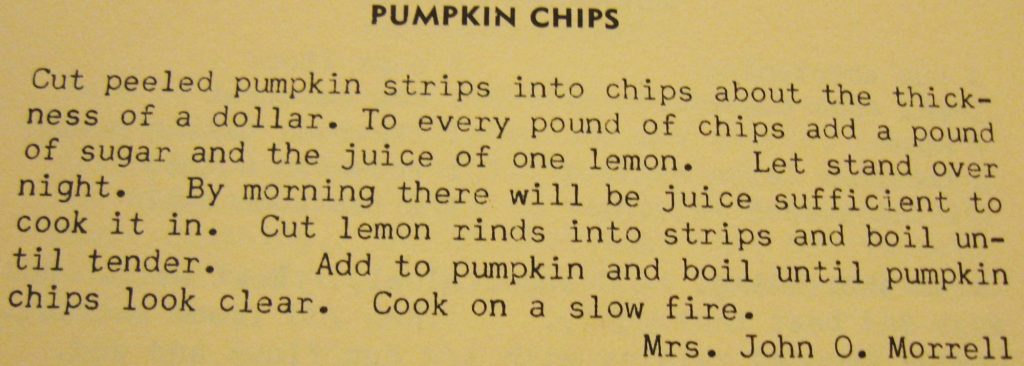
Pumpkin Chips from Mountain makin’s in the Smokies : a cook book.
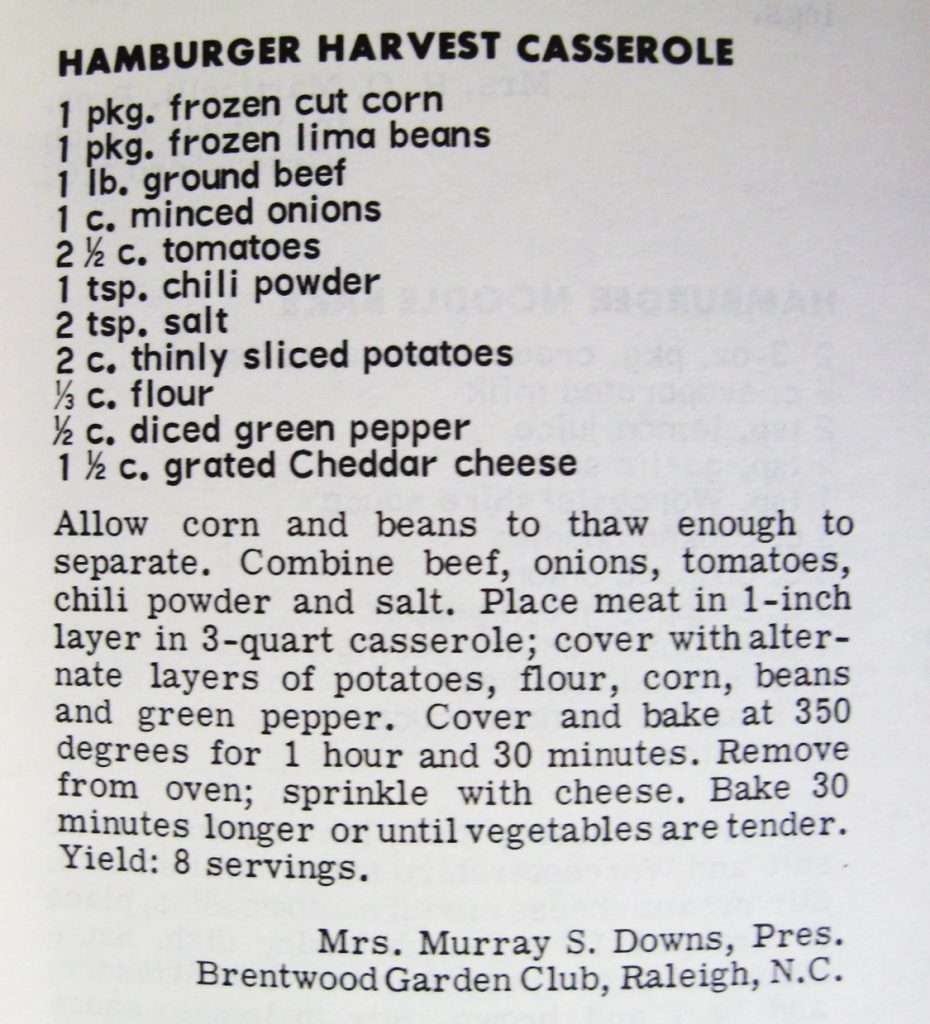
Hamburger Harvest Casserole from Favorite recipes of the Carolinas : meats edition, including poultry and seafood.
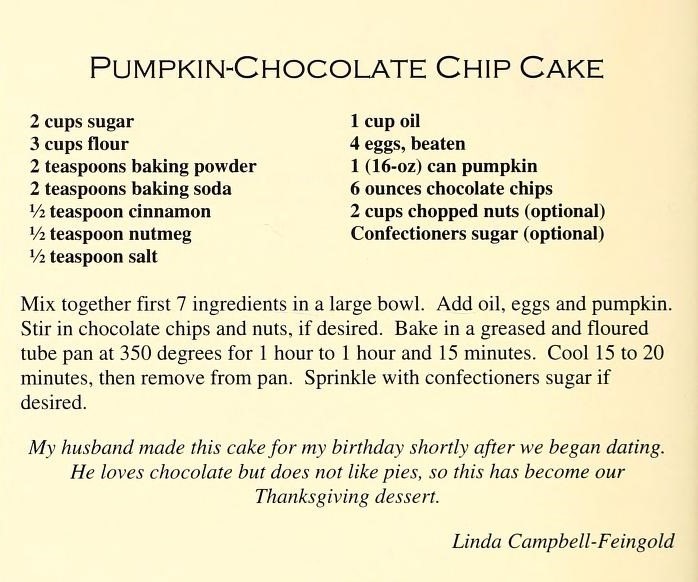
Pumpkin-Chocolate Chip Cake from Count our blessings : 75 years of recipes and memories / Myers Park Presbyterian Church.
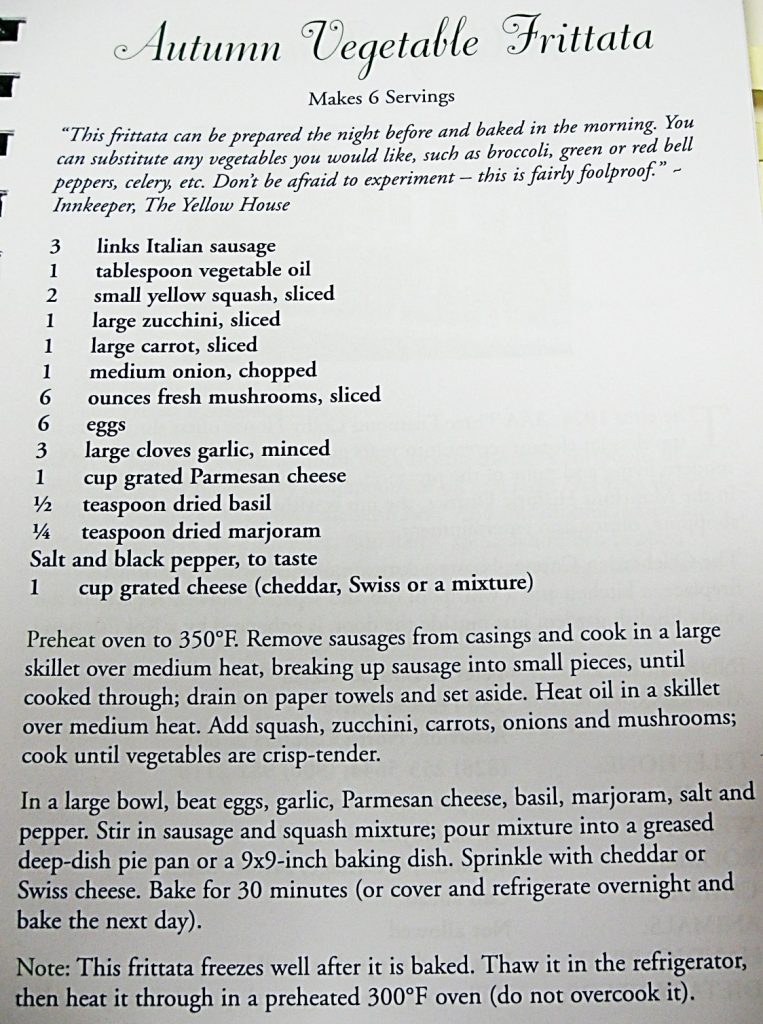
Autumn Vegetable Frittata from North Carolina bed & breakfast cookbook.
Check out what’s new in the North Carolina Collection
Several new titles just added to “New in the North Carolina Collection.” To see the full list simply click on the link in the entry or click on the “New in the North Carolina Collection” tab at the top of the page. As always, full citations for all the new titles can be found in the University Library Catalog and they are all available for use in the Wilson Special Collections Library.
It’s back to school time! Recipes from the collection
It’s back to school time here at UNC and the campus is abuzz with students. Here are a few pointers from our cookbook collection on how to survive cooking during dorm life.
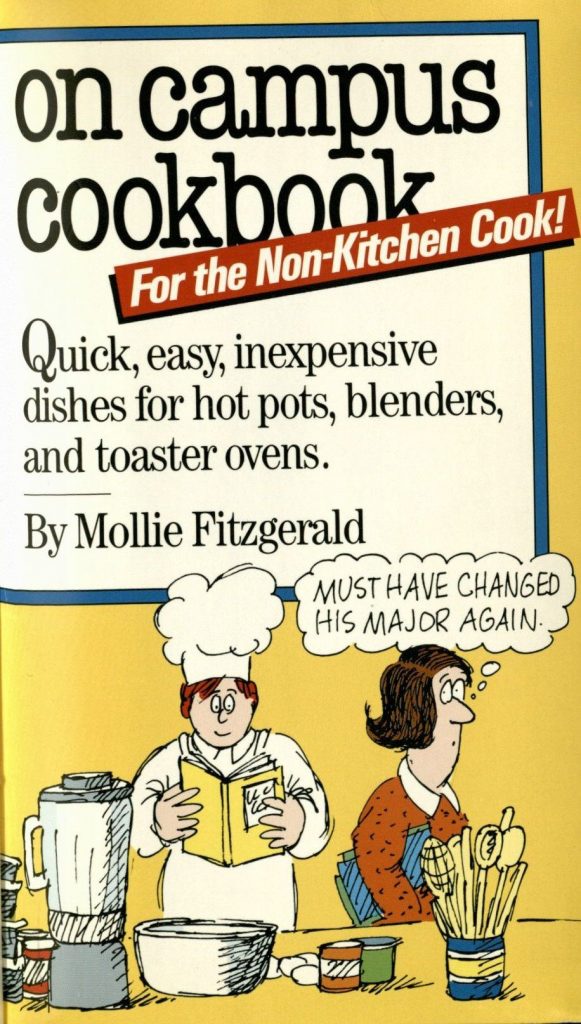
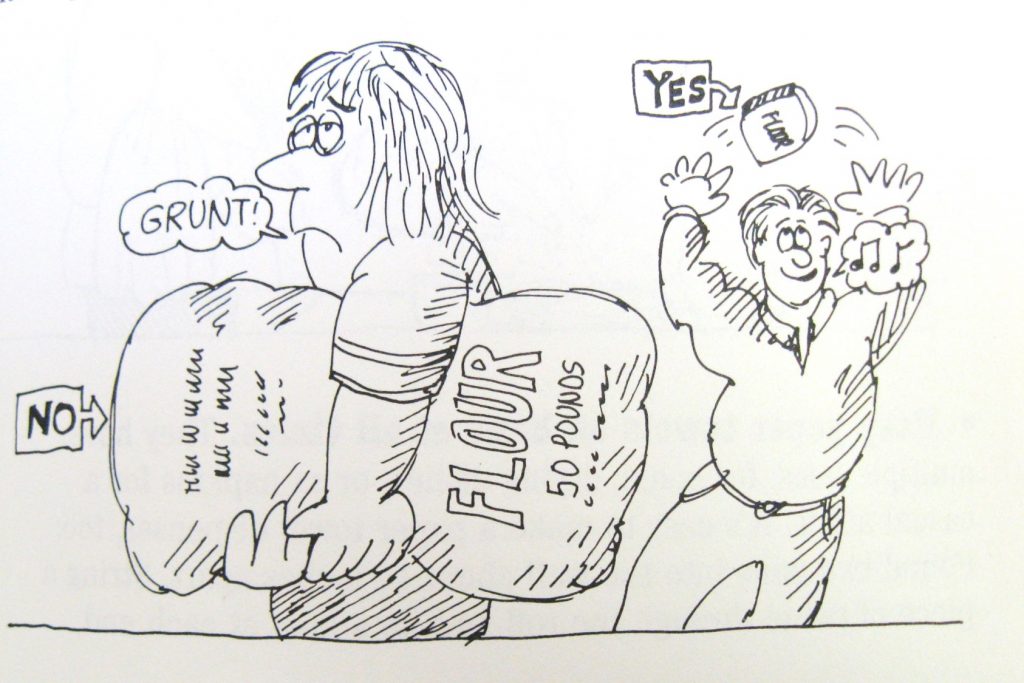
Beware buying in bulk from On campus cookbook.
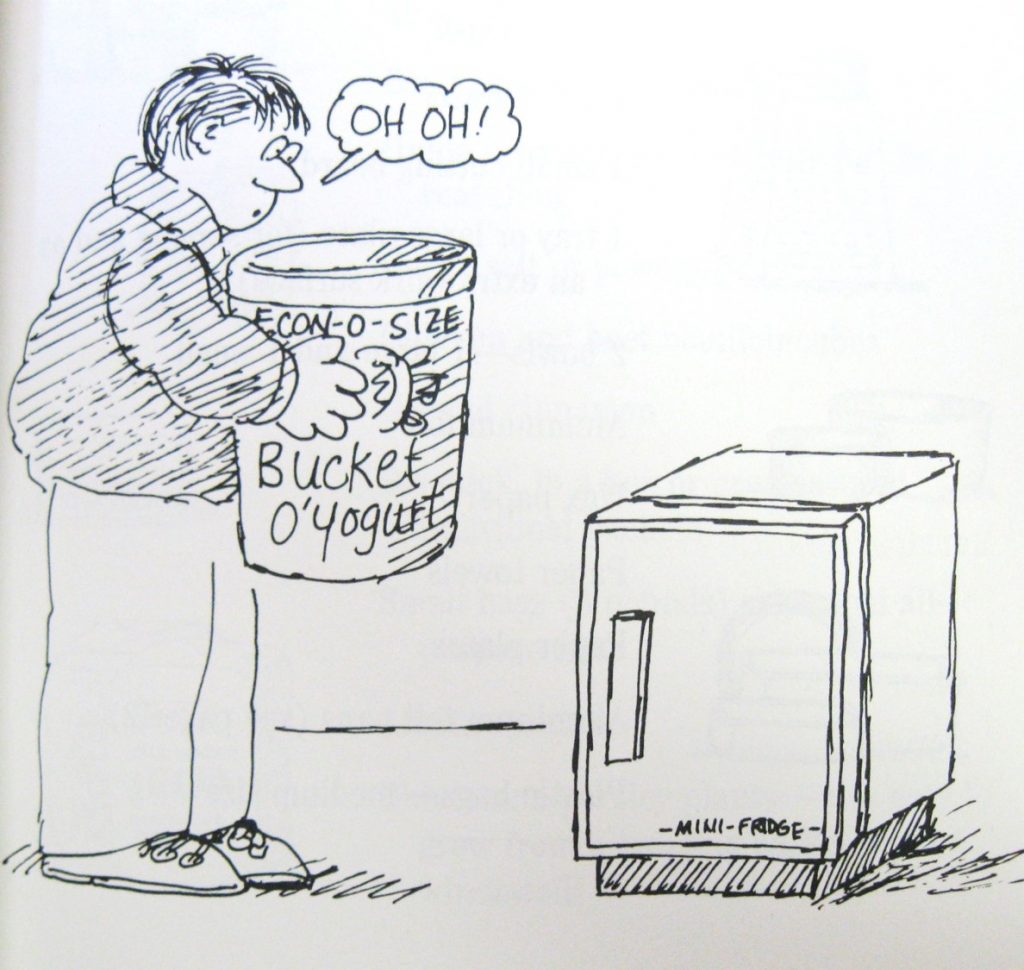
Beware buying in bulk from On campus cookbook.

Quick Breakfasts to get you going from On campus cookbook.
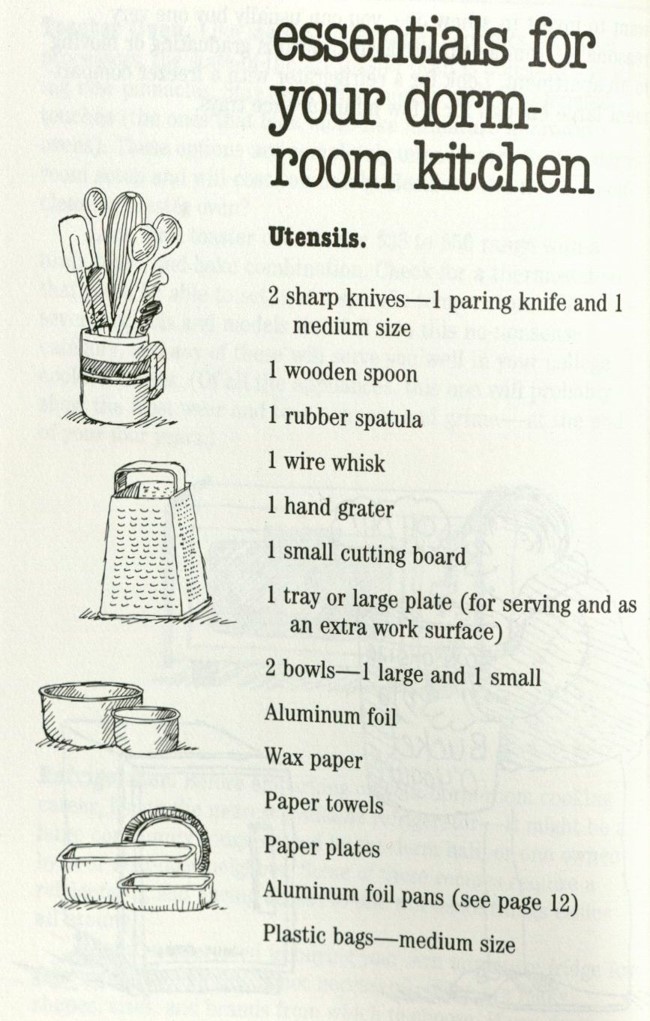
Essentials for your dorm room kitchen from On campus cookbook.
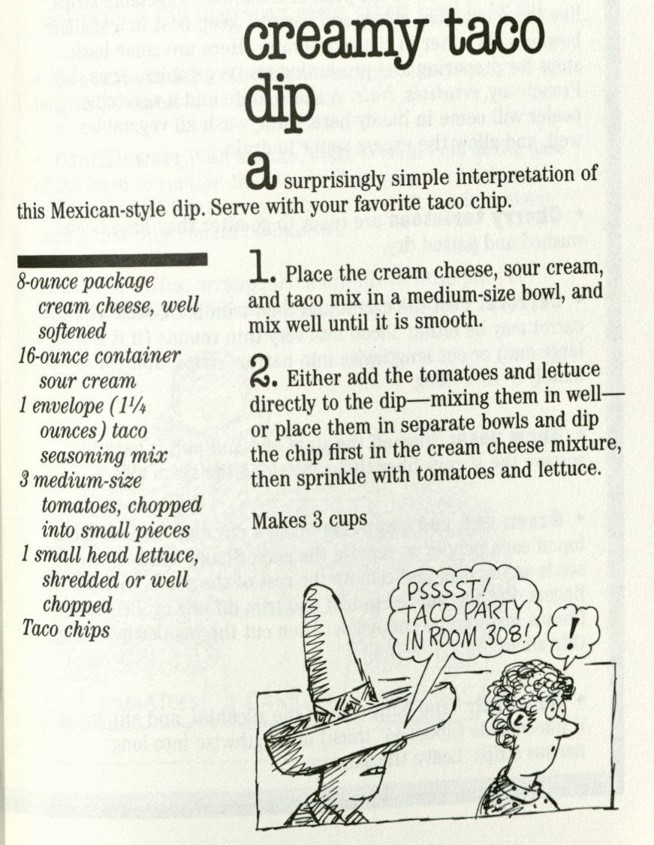
Creamy Taco Dip from On campus cookbook.
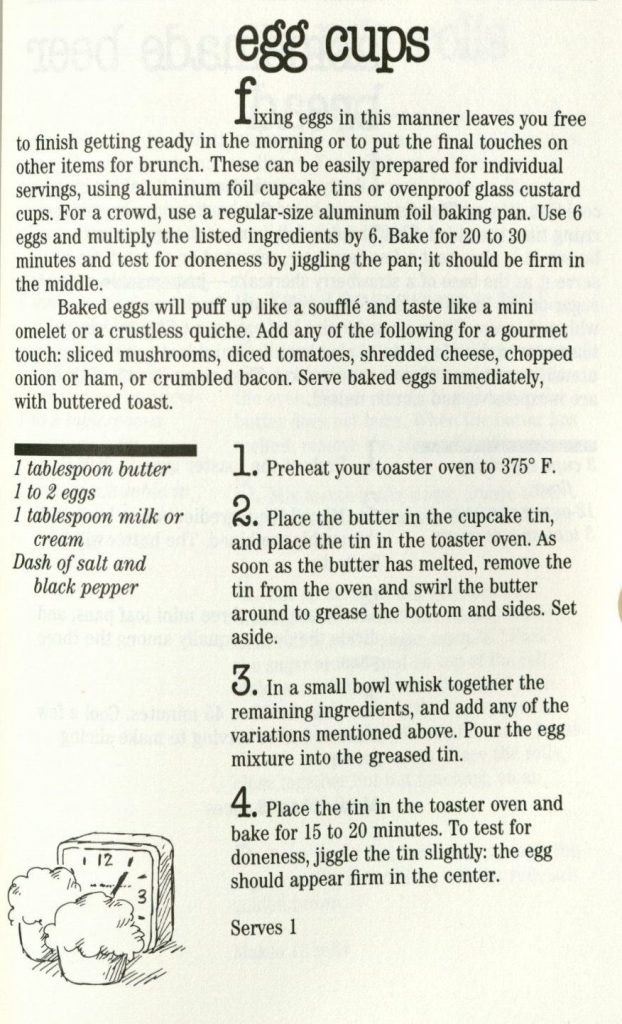
Egg Cups from On campus cookbook.
Artifact of the Month: Ticket to Cleveland County Negro Fair
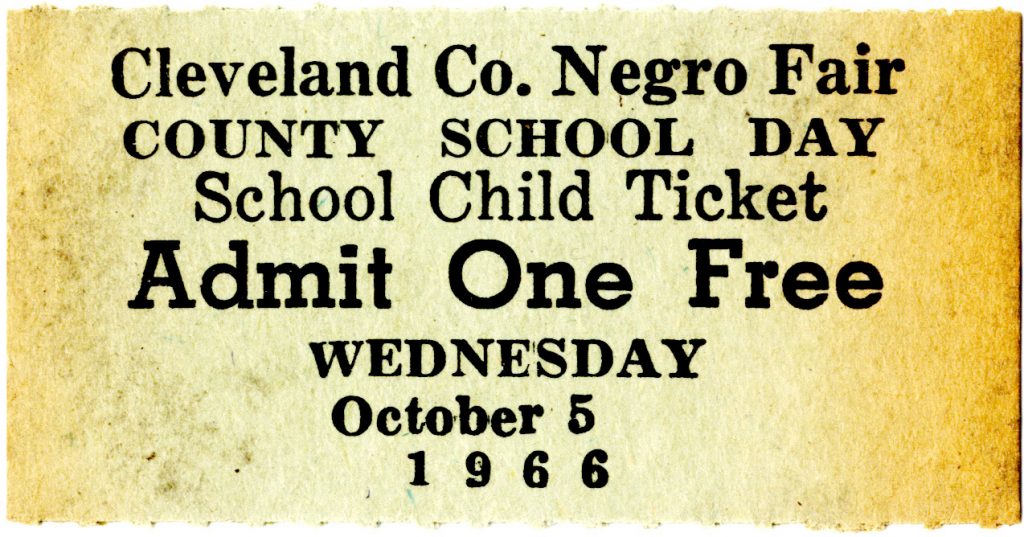
This ticket to the Cleveland County Negro Fair, July’s Artifact of the Month, highlights a little known part of North Carolina history, African American agricultural fairs.
Agricultural fairs held by and for African Americans took place in North Carolina starting in Wilmington in 1875. The largest and best-known African American fair in the state was the Negro State Fair. Organized by the North Carolina Industrial Association, the Negro State Fair was held annually in Raleigh beginning in 1879. Charles Norfleet Hunter, a former slave, educator, and well-known activist, led the formation of the North Carolina Industrial Association. He believed that in order to gain equal rights, African Americans must prove their worth to whites and highlight the value that black citizens contributed to the state and its economy.
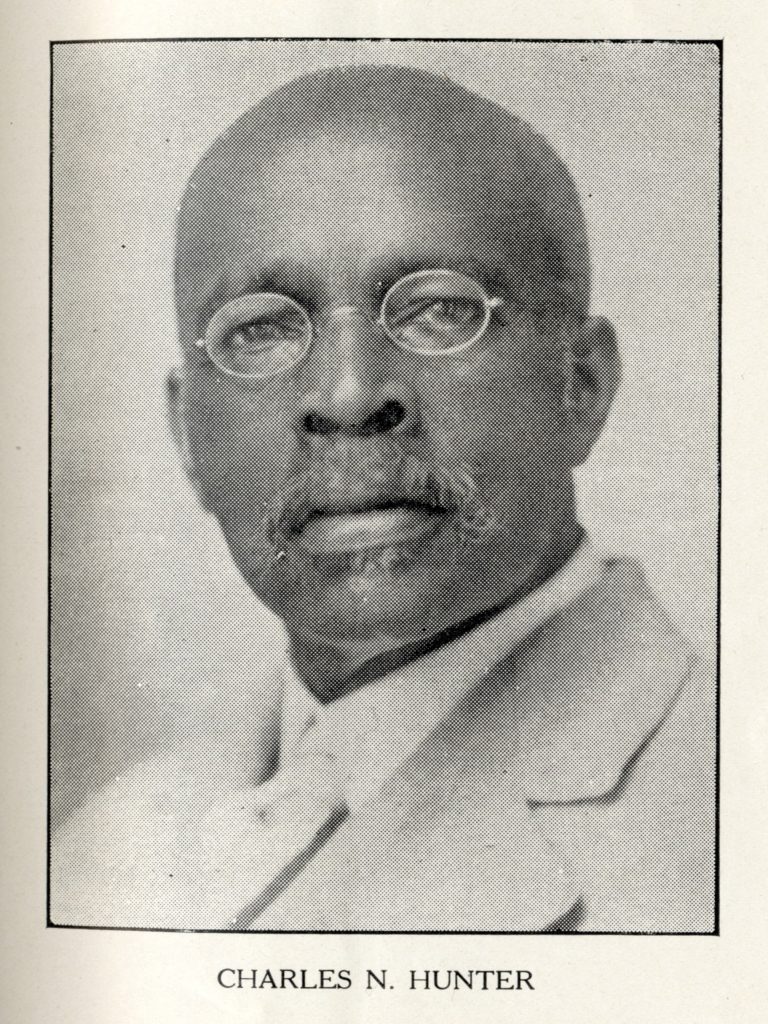
The Negro State Fair was modeled on the North Carolina State Fair but was smaller in scale. In 1890, the North Carolina Agricultural Society, which hosted the North Carolina State Fair, allowed use of its fairgrounds and facilities to the Negro State Fair and the state eventually allotted $500 in annual funding. The North Carolina Industrial Association successfully ran the fair until 1930, three years after the state pulled its funding.
As legal segregation grew in the South in the 1890s and African Americans were excluded from attending many North Carolina fairs, African American fairs became increasingly important for their communities and provided a venue for African Americans to show their accomplishments and instill community pride. Even after the passage of the 1964 Civil Rights Act, which made segregation illegal, some African American fairs continued. The Cleveland County Negro Fair provides an example of this. Founded in 1927, the Fair ran through at least 1966, the date of this ticket.
To learn more about the history of agricultural fairs in North Carolina, visit the North Carolina Collection Gallery’s current exhibition “Meet Me on the Midway: Three Centuries of Fairs in North Carolina” on display now through October 31, 2017.
Check out what’s new in the North Carolina Collection
Several new titles just added to “New in the North Carolina Collection.” To see the full list simply click on the link in the entry or click on the “New in the North Carolina Collection” tab at the top of the page. As always, full citations for all the new titles can be found in the University Library Catalog and they are all available for use in the Wilson Special Collections Library.
Blueberry Recipes from the Collection
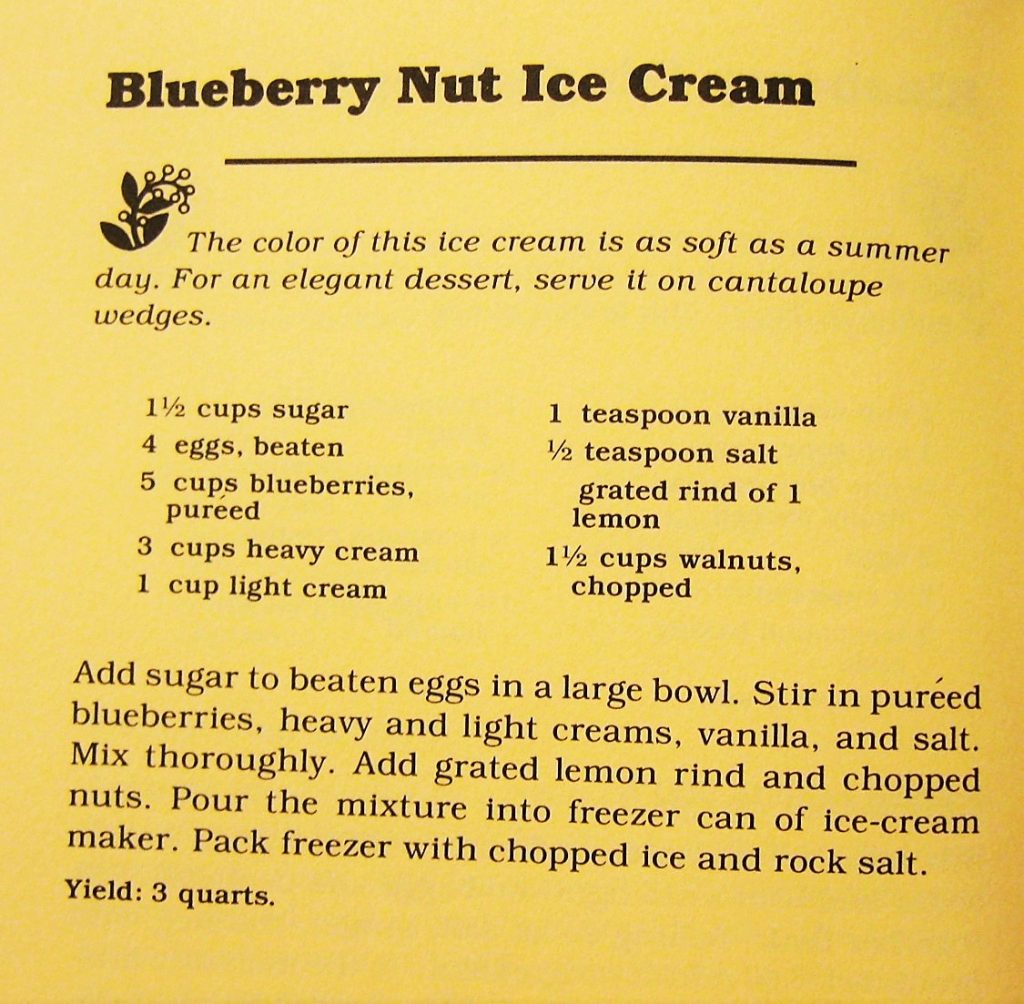
Blueberry Nut Ice Cream from Cooking with berries.
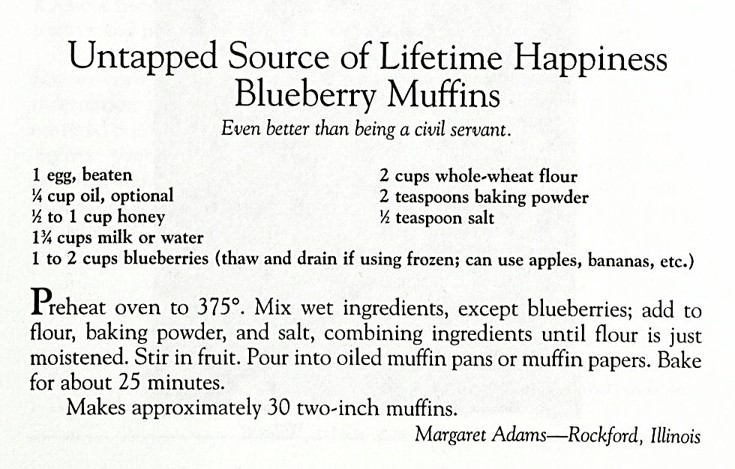
Untapped Source of Lifetime Happiness Blueberry Muffins from Aunt Bee’s delightful desserts.
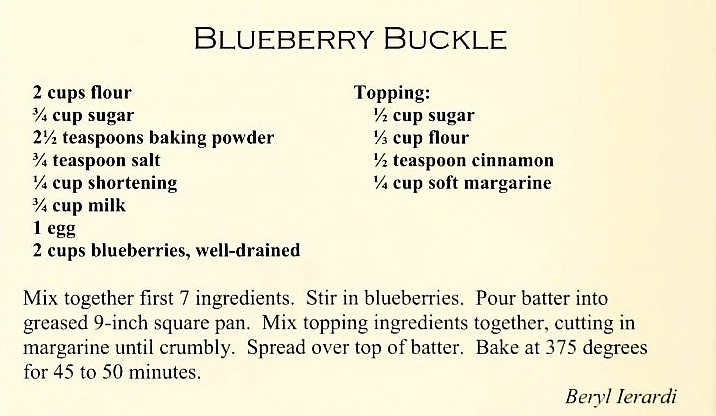
Blueberry Buckle from Count our blessings : 75 years of recipes and memories / Myers Park Presbyterian Church.
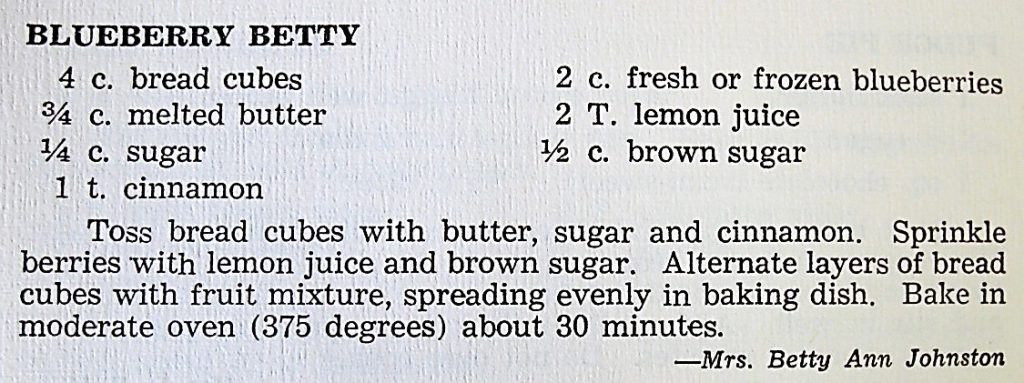
Blueberry Betty from Historic Moores Creek cook book : a collection of old and new recipes.
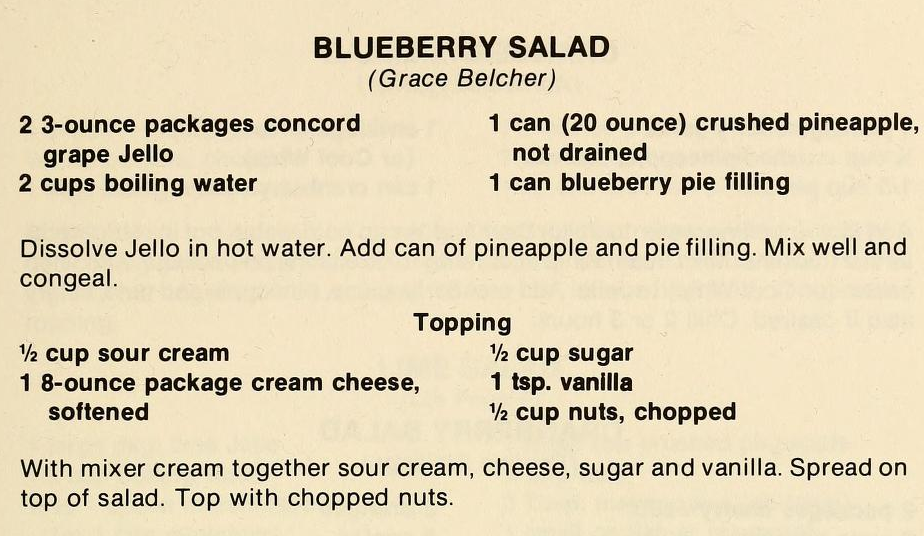
Blueberry Salad from The Pantry shelf : 1907-1982.
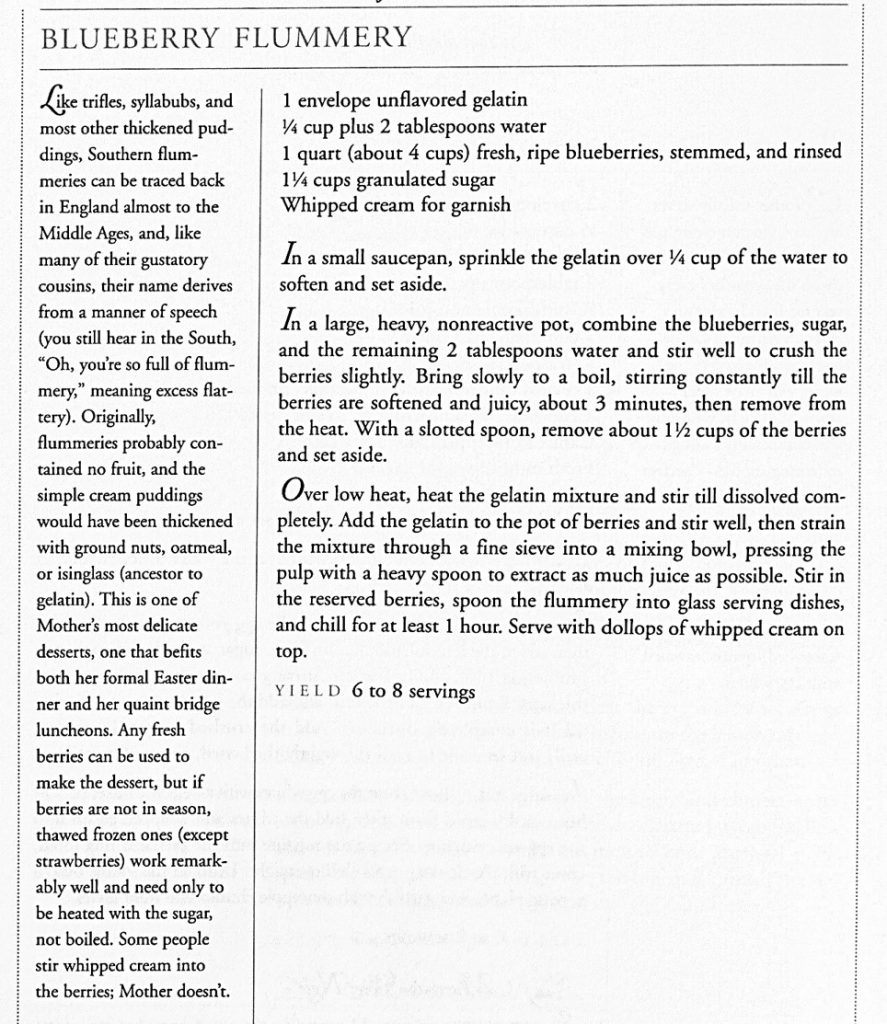
Blueberry Flummery from My mother’s southern desserts
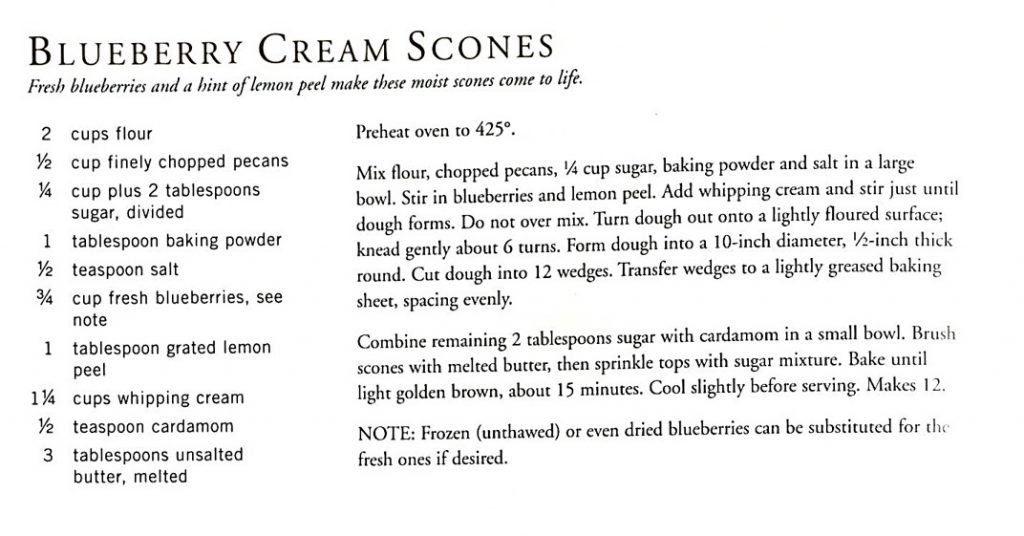
Blueberry Cream Scones from An appetite for art : recipes and art from the North Carolina Museum of Art.
